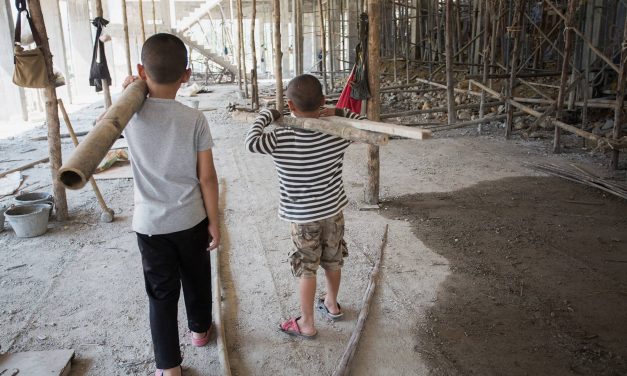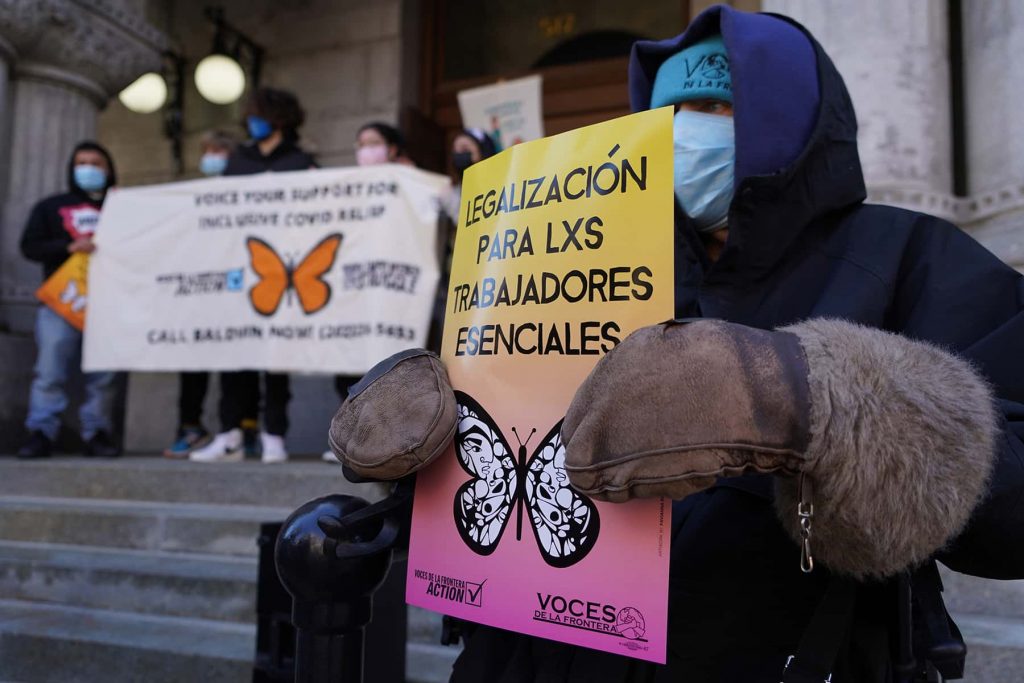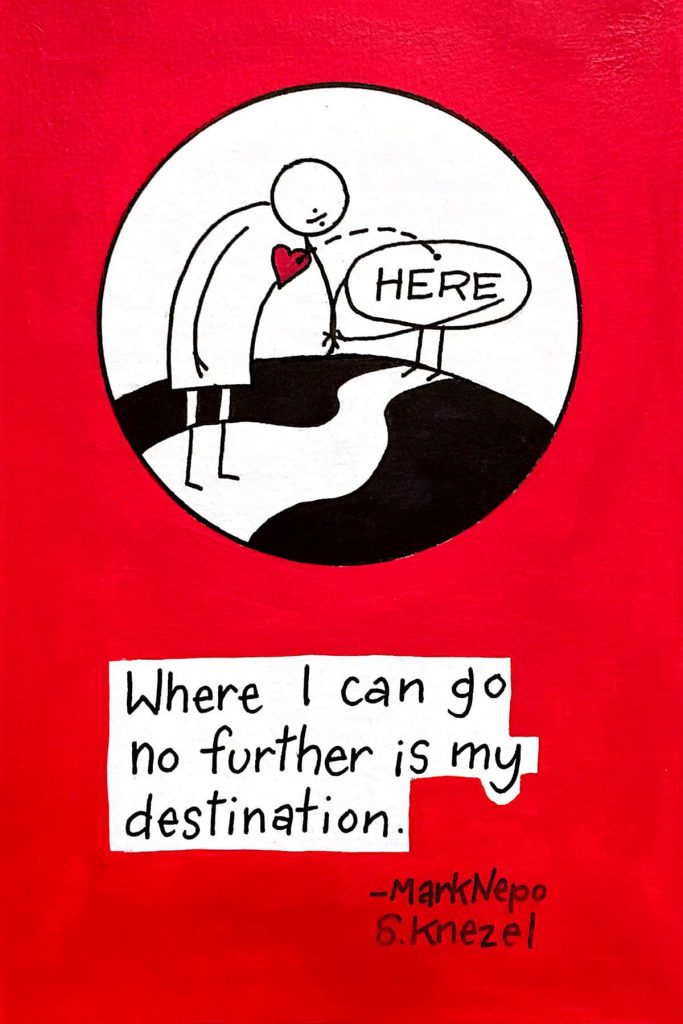Pride at play: How mainstream video games are successfully embracing openly queer characters
By Xavier Ho, Lecturer in Interaction Design, Monash University Mainstream games are embracing openly queer characters, and so are many of their players and fans. The Last of Us, the prestige HBO adaptation of the critically lauded game, has been celebrated (and review-bombed) for delivering a strong narrative featuring prominent LGBTQIA+ cast and characters. In Left Behind, the seventh episode, the show transported us to the time the younger protagonist, Ellie, spent with her childhood friend and love interest, Riley. We also saw in the third episode, Long, Long Time, how Bill and his longtime partner Frank navigated their...
Read More
















